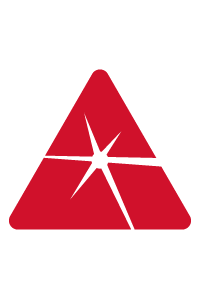Product Code: ICA13_407
A Finite Volume Alternate Direction Implicit Approach to Modelling Selective Laser Melting
Authors:
Sankhya Mohanty, Technical University of Denmark; Kongens Lyngby Denmark
Jesper Hattel, Technical University of Denmark; Kongens Lyngby Denmark
Presented at ICALEO 2013
Over the last decade, several studies have attempted to develop thermal models for analyzing the selective laser melting process with a vision to predict thermal stresses, microstructures and resulting mechanical properties of manufactured products. While a holistic model addressing all involved phenomena is yet to emerge, the existing partial models have already become computationally heavy. This is observed to go hand-in-hand with a trend across literature for the usage of finite element (FE) formulations for developing implicit 3D models. However, the 3D implicit FE models, though able to accurately simulate the process, are constrained by either the size or scale of the model domain. A second challenging aspect involves the inclusion of non-linear material behavior into the 3D implicit FE models.
An alternating direction implicit (ADI) method based on a finite volume (FV) formulation is proposed for modeling single-layer and few-layers selective laser melting processes. The ADI technique is implemented and applied for two cases involving constant material properties and non-linear material behavior. The ADI FV method consume less time while having comparable accuracy with respect to 3D implicit FE models. The ADI FV formulations are also compared to a 3D explicit FV formulation for different test cases to ascertain their validity and range of usability. Drawing on the comparative results, appropriate models are recommended for different scenarios and modeling domains.

$28.00
Members: $28.00
Note: When applicable, multiple quantity discounts are applied once the items are added to your cart.

